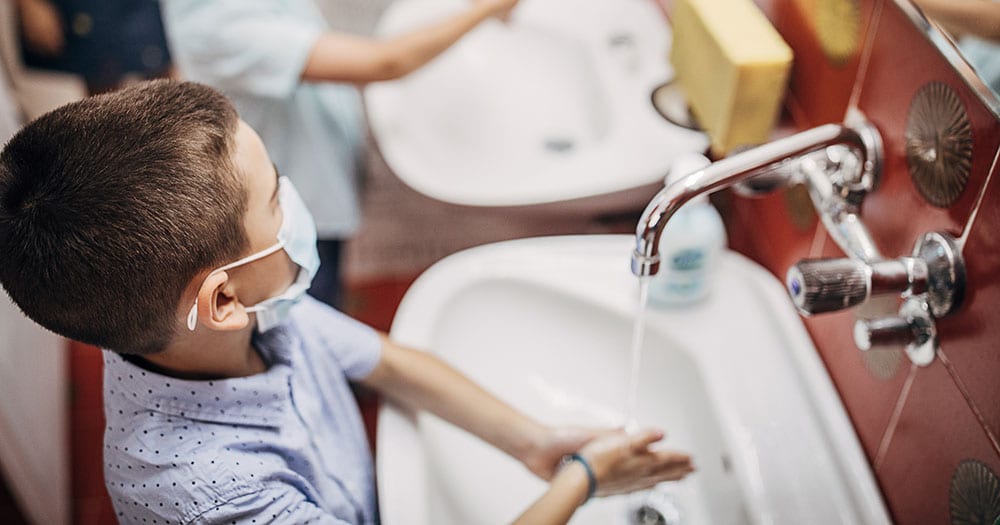Prevention and control of infectious diseases

Caring for young children means having close contact, and early care and education (ECE) providers can take many steps to keep infections from spreading. Strategies such as hand hygiene, cleaning, sanitizing, disinfection, and ventilation can help ECE providers protect the health of children in their care as well as themselves and their own families.
By carefully planning and following guidance, ECE programs can prevent the spread of infectious diseases. ECE providers can also teach children skills about staying healthy and keeping safe from germs. Many parents get great support from ECE providers around teaching children toileting, hand washing, and covering coughs and sneezes.
Learn about tools and resources to prevent the spread of infections in your ECE program.
Prevention tools and resources
- Animals in Schools and Childcare
- Childhood Immunizations Resources
- Coughing and Sneezing
- Diaper Changing Steps for Childcare Settings
- Infant Feeding Hygiene
- Hand Hygiene in School and Early Care and Education
- Personal Hygiene: Keeping Hands Clean, Coughing and Sneezing, Nail Hygiene
- Protecting Your Early Care and Education Program from COVID-19 and Other Infections
- Supporting the Child Vaccination Decision Process—Better Kid Care | Penn State Extension
- Ventilation in Schools and Childcare Programs
- Use and Handling of Toothbrushes
Information for specific diseases
- Information for Home Visitors: Strategies to prevent the spread of COVID-19
- Flu Vaccines are Important for Young Children
- Mpox Toolkit for Schools and Early Care and Education Programs
- Prevention and Control of Giardia Parasites
- Preventing and Controlling Shigellosis Outbreaks in Early Care and Education Facilities
- Seasonal Flu Information for Schools & Childcare Providers